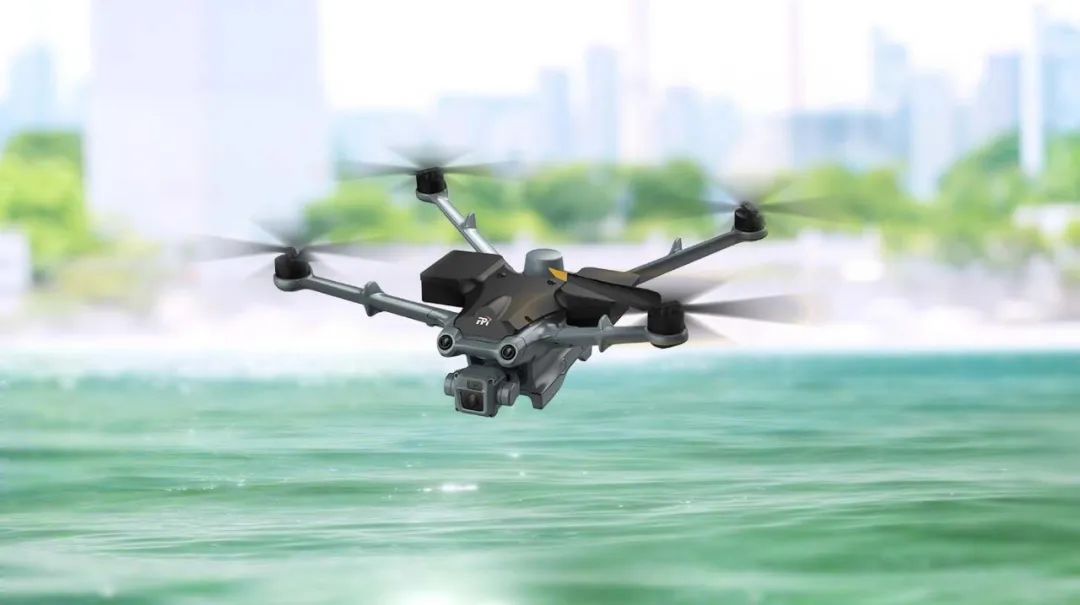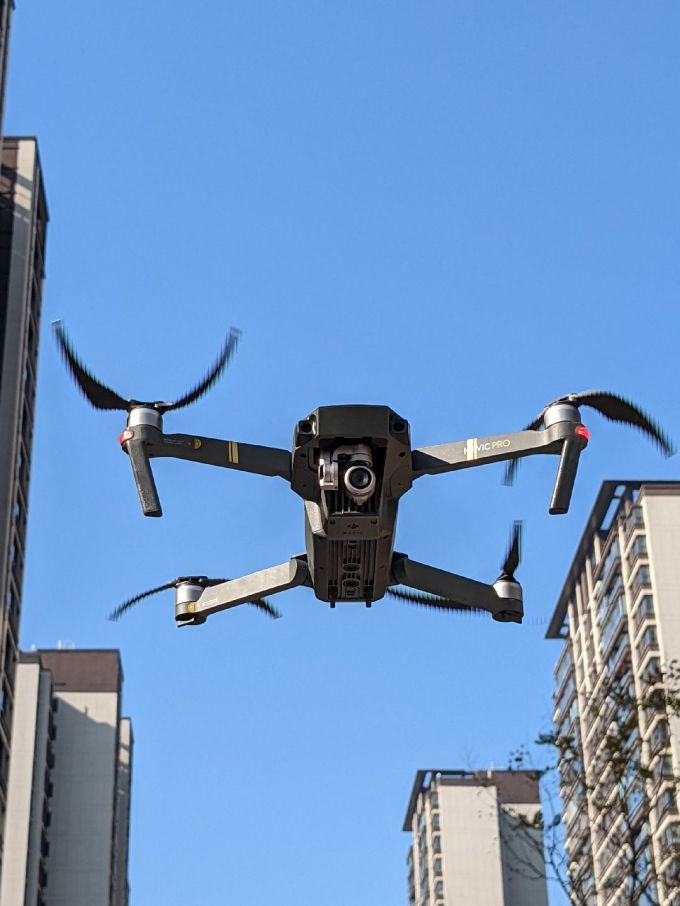The advent of drones has revolutionized numerous industries, offering remarkable advantages in areas such as aerial photography, agriculture, and even delivery services. However, as the popularity of drones continues to soar, understanding the regulations and requirements surrounding their use becomes increasingly important. One of the key questions often asked by drone enthusiasts and professionals alike is: is there a license required for drones?
Understanding Drone Licensing
When it comes to drone operations, licensing requirements can vary significantly depending on several factors including the intended use, size, and location of operation. In many countries, if you plan to fly drones for commercial purposes, a drone pilot license is mandated. The exact specifications and requirements for obtaining this license are defined by the governing body responsible for aviation safety, such as the Federal Aviation Administration (FAA) in the United States.
Commercial vs Recreational Use
It’s crucial to distinguish between commercial and recreational use of drones. Whereas recreational use typically only requires you to comply with basic safety guidelines and registration, commercial use often demands a more rigorous examination process along with licensing. Commercial operators must pass a knowledge test that covers airspace classification, flight operations, and weather conditions to ensure safe and lawful flights.
International Regulations
Drone regulations are not universally applicable; they are distinctly outlined by each nation’s aviation authority. For instance, in the European Union, rules are set by the European Union Aviation Safety Agency (EASA ) which stipulate different categories of drone operations. From open to certified categories, compliance dictates whether a license is necessary or if specific operational restrictions are applied.
) which stipulate different categories of drone operations. From open to certified categories, compliance dictates whether a license is necessary or if specific operational restrictions are applied.
- Open Category: May not require a license but limits weight and operational distance from people.
- Specific Category: Requires operational authorization including risk assessments.
- Certified Category: Encompasses the most stringent regulations, often needing qualifications similar to manned aircraft pilots.
Understanding these categories can help drone operators navigate the regulatory landscape more effectively.
Drone Size and Capability
The size and capability of a drone can greatly influence whether a license is needed. Smaller drones, used for purposes like hobby flying or spontaneous photography, may only require basic registration to track ownership, whereas larger, more sophisticated drones used for business endeavors are more likely to necessitate comprehensive licensing and operational permits.
Data Privacy and Security Concerns
 As drones become increasingly prevalent, data privacy and security issues have also risen to the forefront. Many countries have implemented regulations not only regarding drone licensing but also to safeguard areas of national security and personal privacy. This includes establishing no-fly zones, requiring pre-flight authorizations, and ensuring that sensitive data collected by drones is appropriately handled.
As drones become increasingly prevalent, data privacy and security issues have also risen to the forefront. Many countries have implemented regulations not only regarding drone licensing but also to safeguard areas of national security and personal privacy. This includes establishing no-fly zones, requiring pre-flight authorizations, and ensuring that sensitive data collected by drones is appropriately handled.
Frequently Asked Questions (FAQ)
- Do I need a license if I am flying a drone just for fun?
- Generally, recreational drone flying does not require a special license, but registration and adherence to safety guidelines are imperative.
- How can I apply for a drone license?
- Applying for a drone license usually entails passing a knowledge test, submitting necessary documentation, and registering your drone with the appropriate aviation authority. Check the specific requirements in your country.
- Are there penalties for flying drones without the proper license?
- Yes, operating drones without appropriate licensing can lead to fines, drone confiscation, or other legal repercussions depending on the country’s regulations.

